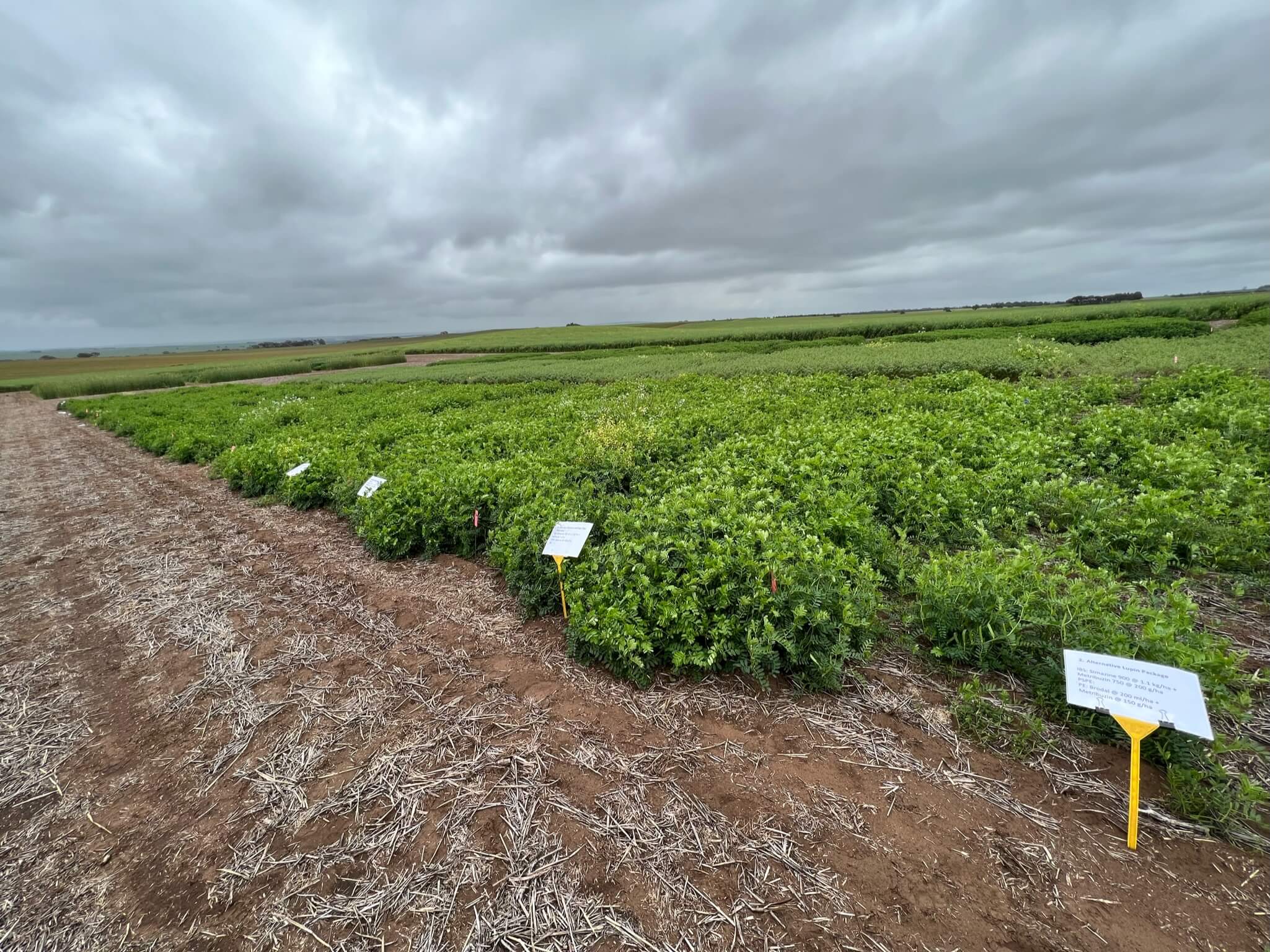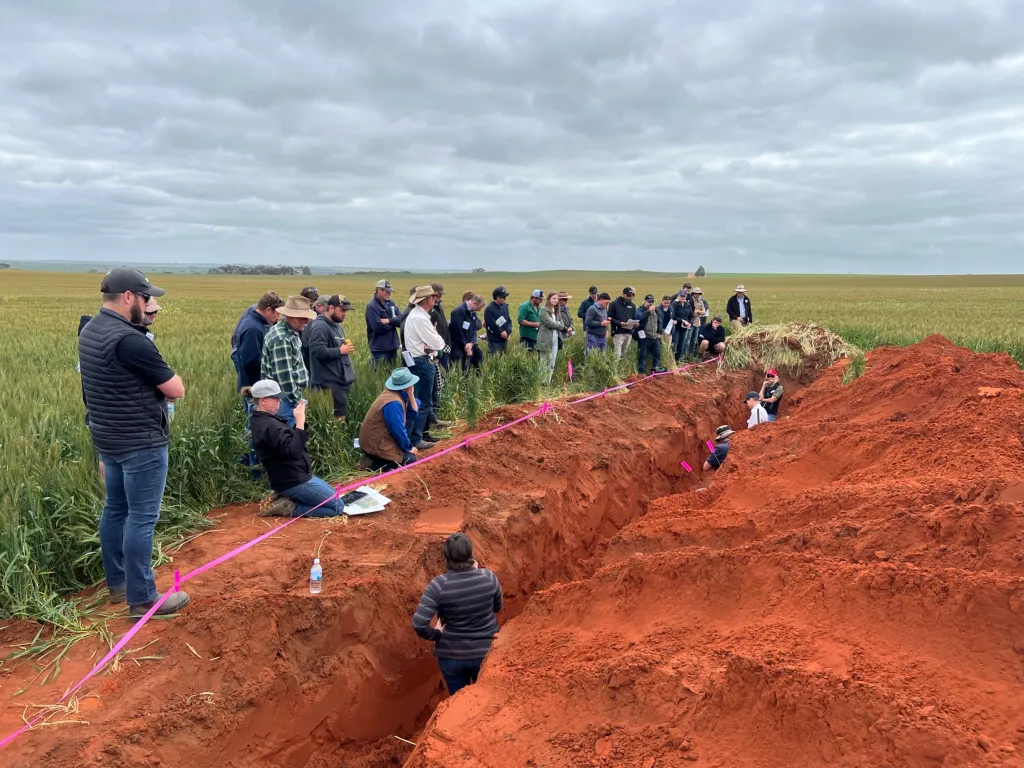October sampling rush before harvest
Every August and September at WMG there is a big focus for our big marquee events like the Spring Field Day and Student Crop Walk. Now that the events have wrapped up for the year, my focus moves over to final project sampling for 2023. Project site are spread across the region, ranging from Hill River and Badgingarra to Barberton and Gillingarra. In October, I will be focusing on the Stubble Project (State NRM), GGA Legumes Project (GRDC), Feed365 (DPIRD) and Diamondback Moth monitoring (GRDC and DPIRD).
Across the three Stubble Project sites, stubble management treatments have been implemented. Pre-harvest biomass cuts will be taken across the standing stubble, machinery incorporated and applied nitrogen treatments. These samples will be used for plant tissue testing, helping us in understanding the final nitrogen uptake of the crop. The results of these tissue tests, and the sampling that has taken place throughout the season will help inform the 2024 Stubble Project sites.
The GGA Legumes Project which was featured at the Spring Field Day as the legume herbicide options for lupin, vetch and chickpea will be harvested by Living Farm, and grain yield calculated. Grain yield measurements are key in our ability to assess the success (or failure) of the herbicide treatments. In 2024 the GGA Legumes Project will move from a small plot trial to a larger paddock size demonstration site. If you are interested in trialling crop legumes on your farm, please reach out to me.

Final sampling at the FEED365 Site in Gillingarra consists of simple biomass cuts as the growing season for oversown annuals ends. A multispecies mix has been sown over established perennials to create more productive perennial pasture systems and the site has seen an improvement in dry matter production and grazing potential. This site will progress into 2024, continuing to examine the suitability of combined annual and perennial pastures using a rotational grazing system.

We are also in the final weeks of the Diamondback Moth (DBM) monitoring project after three seasons of sweeping canola and changing sticky traps across the region. This year, moth numbers have been low in the West Midlands and across the state. For regular updates on DBMs and other crop pests, you can use the DPIRD PestFacts Newsletter.

If you are interested in any of these projects, please don’t hesitate to reach out to me. Besides the Diamondback Moth monitoring, all projects will continue into 2024, and I am always keen to hear members thoughts on what we do at WMG.














